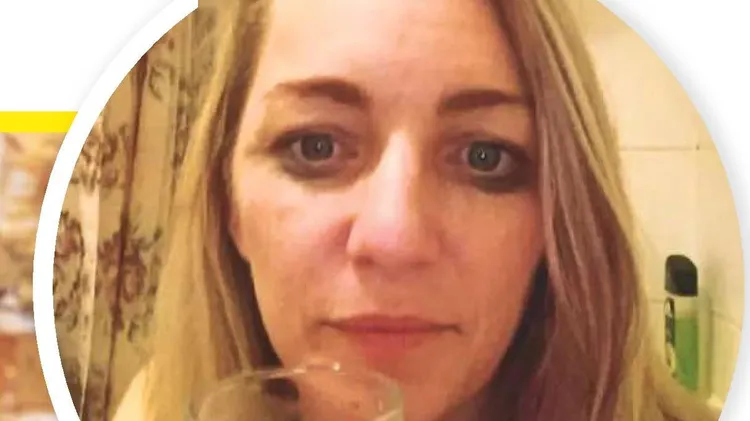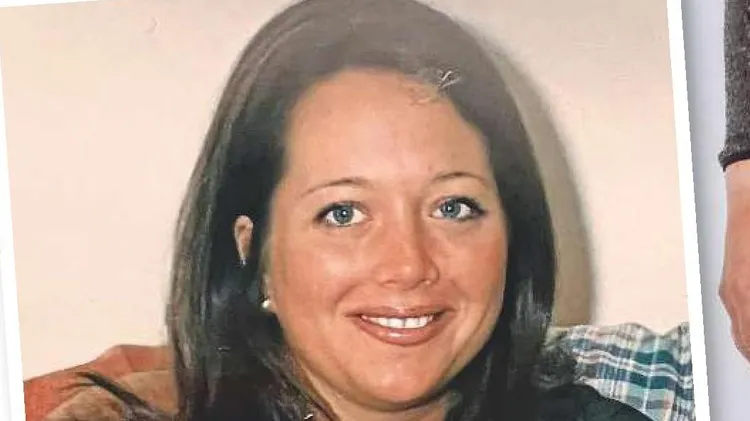With more people than ever opting for a low or alcohol-free life
Time for a stint in sobriety?
4 min read
This article is from...
Read this article and 8000+ more magazines and newspapers on Readly






